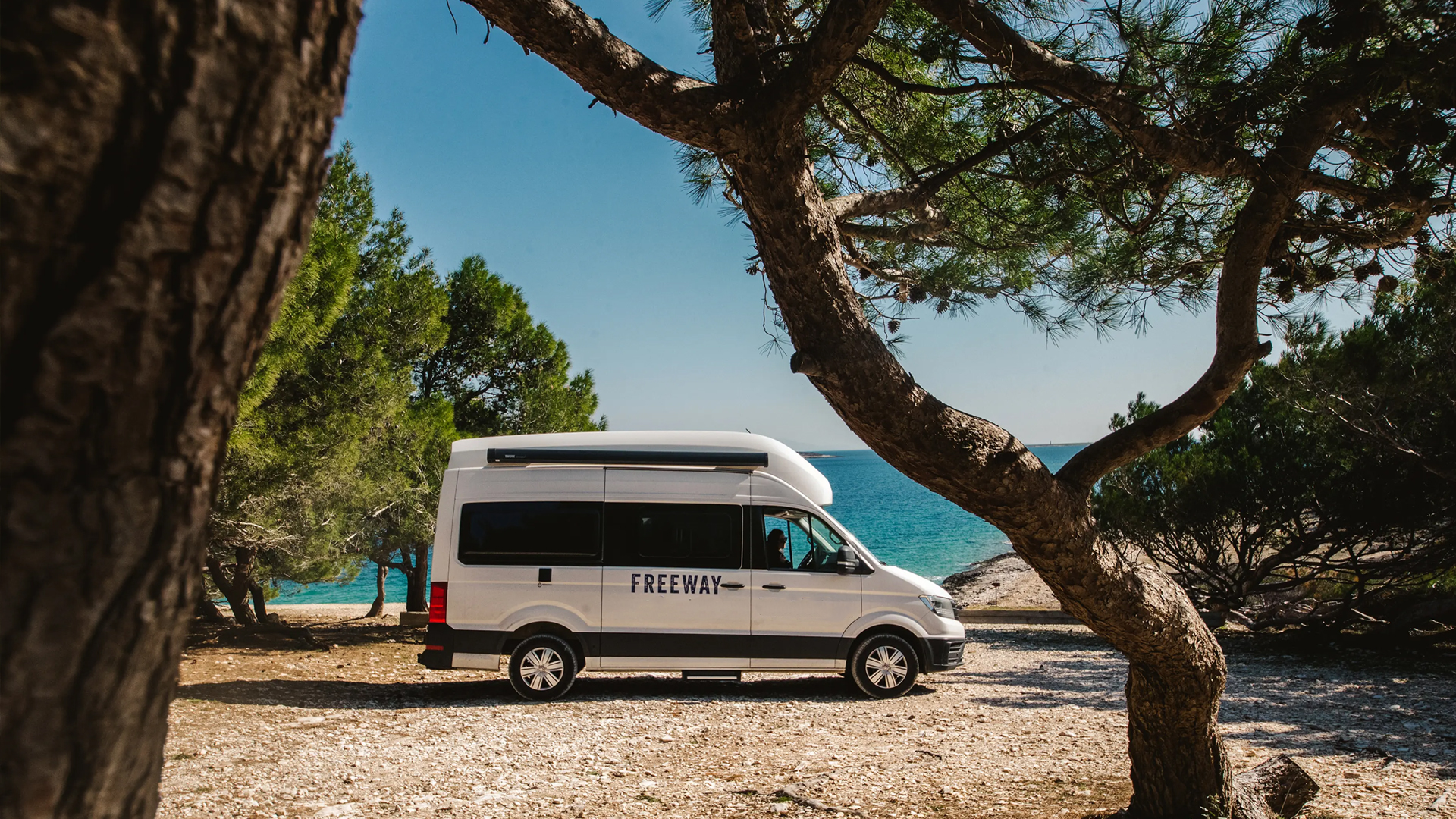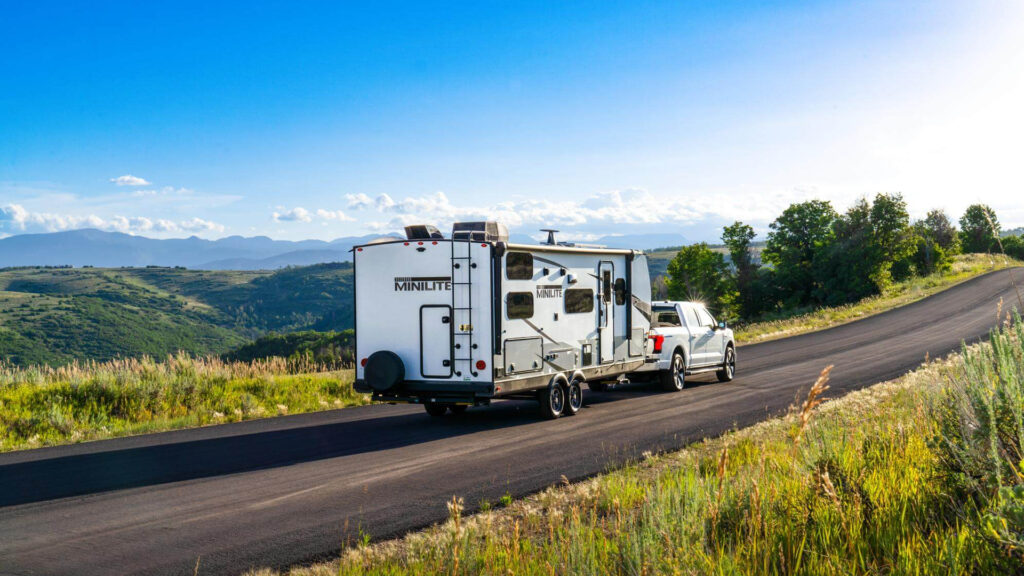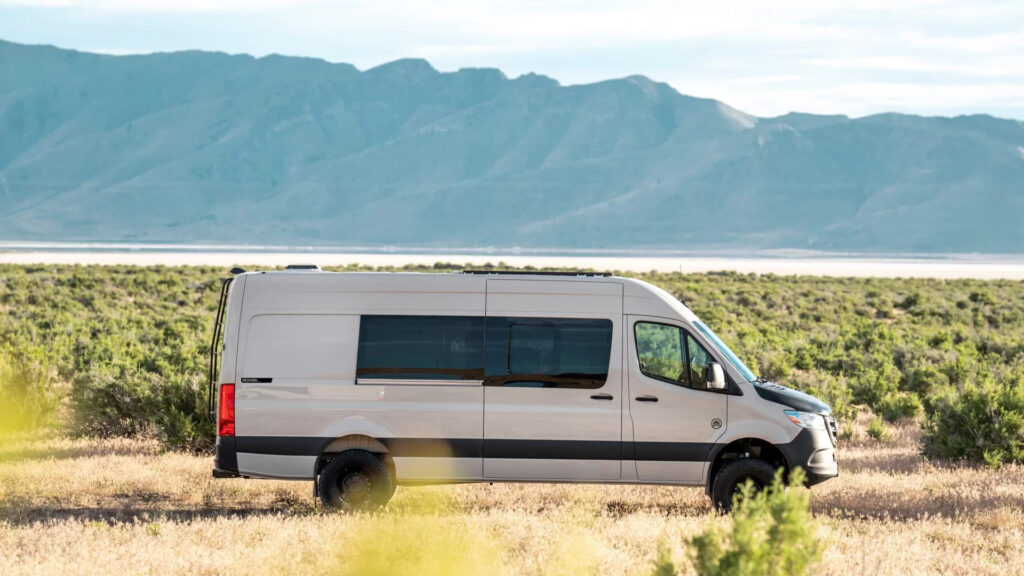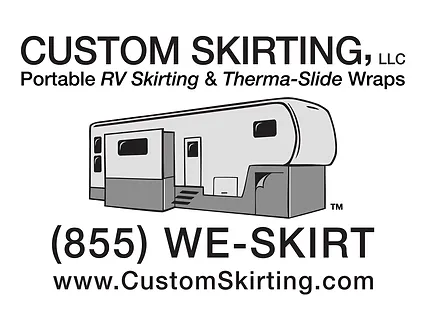
How Long Can You Finance a Camper? A Comprehensive Guide
Table of contents
Owning a camper offers the ultimate freedom to explore new destinations while enjoying the comforts of home on the road. However, purchasing a camper can be a significant investment, and many buyers rely on financing options to make their dreams a reality. Understanding how long you can finance a camper is crucial for balancing affordability with long-term financial commitments. When considering RV loan terms and RV financing terms, buyers should be aware that these can vary widely depending on factors like loan type, credit score, and the age of the camper. But how long are RV loans, and what is the average RV loan term? This guide will answer these questions and help you navigate the various financing options available.
Understanding Campers and RVs

Before diving into financing details, it’s important to understand the different types of campers and RVs, as this can impact loan terms, interest rates, and eligibility requirements. The type of RV you choose will influence factors such as loan duration, down payment requirements, and even insurance costs.
There are several types of campers, including:
- Travel Trailers – Towable units that come in various sizes and styles, ranging from compact teardrop trailers to spacious models with slide-outs. They attach to a standard hitch and can be towed by SUVs, trucks, and even some larger cars.
- Fifth Wheels – Larger towable RVs that require a special hitch installed in the truck bed. These offer more living space, multiple levels, and often include luxurious features such as full-sized kitchens, separate bedrooms, and larger bathrooms.
- Motorhomes (Class A, B, and C) – Drivable RVs with integrated living spaces, varying in size and functionality:
- Class A: The largest and most luxurious, resembling a bus with full amenities, including full kitchens, bathrooms, and even washer-dryer units.
- Class B: Also known as camper vans, these are compact, highly maneuverable, and great for solo travelers or couples looking for a self-contained option.
- Class C: Mid-sized motorhomes that combine the features of Class A and B, often built on a truck or van chassis with an over-cab sleeping area.
Since campers and RVs are considered luxury items, lenders may impose different requirements compared to standard vehicle loans. Loan terms, interest rates, and eligibility will vary based on factors such as:
- Type of RV – Motorhomes often qualify for longer loan terms compared to towable RVs.
- Loan Amount – Larger RVs with higher price tags may require higher down payments or different financing structures.
- Credit Score – A higher credit score can lead to better interest rates and loan terms.
- Lender Policies – Some lenders specialize in RV financing and offer more flexible terms, while traditional banks may have stricter requirements.
Understanding these distinctions can help you choose the best financing option for your RV purchase.
Types of Camper Financing Options
Secured RV Loans
Secured RV loans use the camper as collateral, which can lead to lower interest rates and longer repayment terms. These loans can often extend up to 20 years for newer models, making monthly payments more manageable. However, approval depends on factors like credit score, income, and down payment.
Unsecured Personal Loans
Unlike secured loans, unsecured personal loans do not require collateral. These loans typically have higher interest rates and shorter terms, usually up to 7 years. This option may be ideal for buyers purchasing an older camper or those who do not want to use their vehicle as security.
Dealership Financing
Many dealerships offer financing options directly through manufacturers or third-party lenders. While convenient, dealership financing can sometimes come with higher overall costs or additional fees. Buyers should compare dealership rates with other lending options to ensure they get the best deal.
Factors Affecting Camper Loan Terms

Credit Score and Financial History
Lenders heavily weigh credit scores when determining RV financing terms. Higher credit scores typically result in better interest rates and longer repayment options. Buyers with lower credit scores may need to provide a larger down payment or accept shorter loan terms.
Camper Age and Condition
Newer campers generally qualify for longer financing terms and lower interest rates. Many lenders have restrictions on financing for older RVs, sometimes limiting loan terms to 10 years or less for used campers.
Loan Amount and Down Payment
The loan amount and down payment also influence how long you can finance a camper. Larger down payments can lead to better loan terms and reduced interest rates. Many lenders require 10% to 20% down, but higher amounts can improve financing conditions.
Typical Financing Terms for Campers
Loan terms for campers typically range between 5 and 20 years, depending on the lender, the camper type, and the borrower’s financial profile. The length of the loan is influenced by factors such as the purchase price, down payment, creditworthiness, and the lender’s policies.
Here’s a general breakdown of loan terms based on RV type:
- Smaller travel trailers and used campers – 5 to 10 years
- Lower loan amounts often result in shorter repayment terms.
- Lenders may set a minimum loan amount, meaning shorter loans may be required for lower-cost models.
- Mid-sized RVs and fifth wheels – 10 to 15 years
- These RVs tend to have higher price tags, so lenders may offer extended loan terms to make monthly payments more manageable.
- Luxury motorhomes and new high-end models – 15 to 20 years
- Higher loan amounts typically qualify for longer terms.
- Many lenders require a significant down payment (typically 10-20%) to secure financing for these high-value RVs.
Considerations for Loan Terms:
- Longer loans mean lower monthly payments, making RV ownership more affordable in the short term.
- However, longer loan terms result in higher total interest paid over time, increasing the overall cost of ownership.
- Shorter loan terms may come with higher monthly payments but can help borrowers save on interest and build equity faster.
- Depreciation matters – RVs depreciate quickly, and long-term loans may lead to owing more than the RV’s value (negative equity), which can be a risk if you plan to sell or trade in your camper in the future.
Choosing the right loan term depends on your budget, financial goals, and how long you plan to keep your RV.
Pros and Cons of Long-Term Camper Financing
Advantages of Longer Terms
- Lower monthly payments – Makes ownership more affordable.
- Ability to purchase a higher-quality camper – Spreads cost over time, allowing buyers to invest in better features and amenities.
Disadvantages of Extended Financing
- Higher total interest paid – Longer loan terms mean paying more interest over time.
- Depreciation concerns – Campers lose value over the years, increasing the risk of owing more than the camper is worth.
Tips for Choosing the Right Financing Term
Choosing the right loan term requires balancing monthly affordability with total loan cost. Consider the following:
- How long do you plan to keep the camper? Shorter loans are better for buyers who plan to upgrade within a few years.
- Budget for maintenance and insurance. Longer loan terms mean prolonged ownership costs.
- Compare interest rates. Even a small rate difference can impact total loan costs significantly over time.
Alternative Financing Options
For those looking beyond traditional RV financing terms, alternative options include:
- Home Equity Loans – Can offer lower interest rates but require using home equity as collateral.
- Manufacturer Promotions – Some manufacturers provide seasonal deals with better financing terms.
Understanding how long are RV loans and the average RV loan term is key to making an informed decision. Whether choosing a shorter loan for faster repayment or a longer term for affordability, knowing your options will help you make the best choice for your budget and lifestyle.
Protect Your Investment – Finance Smart & Shield Your RV
Financing a camper is a big commitment, and keeping it in top shape throughout your loan term is just as important. Custom RV Skirting provides the ultimate protection against harsh weather, wind, and debris—helping to preserve your RV’s value and extend its lifespan.
With our exclusive “No-Snap, No-Gap” channel system, you’ll get a custom-tailored fit that outperforms traditional skirting, keeping your camper insulated and adventure-ready. Trusted by RV owners across the U.S. and Canada, our durable skirting has been tested in extreme conditions to ensure maximum protection.
Don’t let the elements take a toll on your investment. Upgrade to Custom RV Skirting today and enjoy worry-free RV ownership for years to come!
